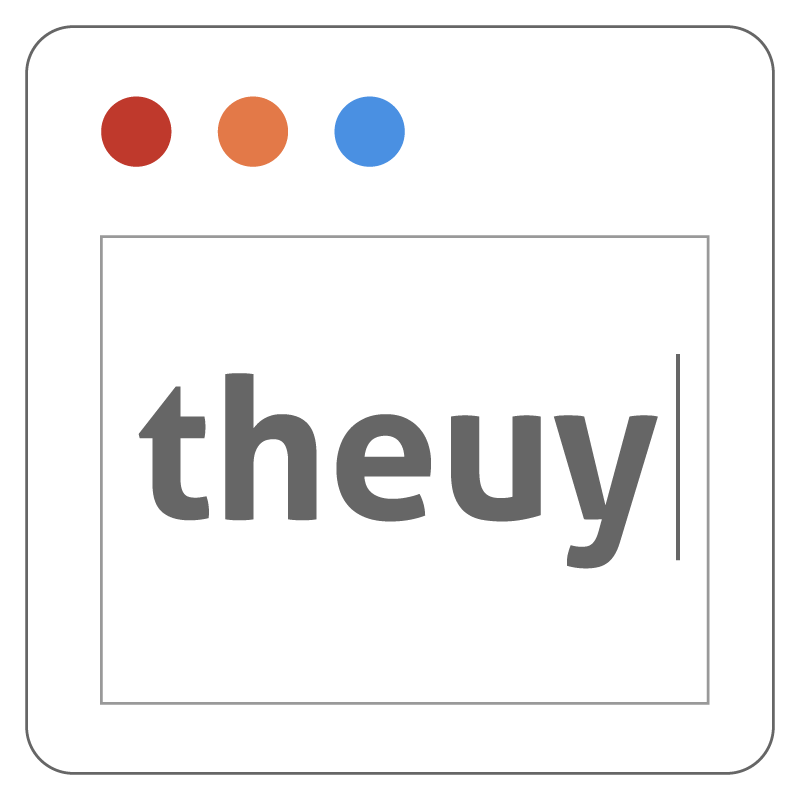The use of Artificial Intelligence (AI) in the recruitment process has been a hot topic for some time now. In recent years, more and more companies have begun to use AI-driven resume scanning software to help them quickly identify potential job candidates from a large pool of applicants. But can machines really do a better job than humans when it comes to resume scanning? In this blog post, we will look at the advantages and disadvantages of using AI in resume scanning and consider whether it can really make the recruitment process more efficient.
How AI is used in resume scanning
Artificial Intelligence (AI) is increasingly being used to automate the process of resume scanning. AI-driven resume scanning software reads resumes, parses them into a searchable database and filters out the best candidates based on predetermined criteria.
The software begins by reading resumes and extracting the relevant information such as job titles, work experience, skills, and educational background. This data is then stored in a database, allowing recruiters to quickly filter out resumes that do not meet their criteria.
Once the relevant information has been collected, the AI then analyses each individual resume and ranks it based on how closely it meets the criteria set by the recruiter. The software can also identify key words and phrases that are indicative of an ideal candidate and weigh these accordingly when making its decision.
In addition to analysing resumes, AI-driven resume scanning can also assess a candidate's fit for a particular role based on their social media presence and other publicly available data. This allows recruiters to get a better sense of the individual and see if they would be a good fit for the position.
By automating the process of resume scanning, AI-driven software can save recruiters time and money while ensuring they find the best candidates for each position.
The advantages of using AI
One of the most compelling advantages of using AI in resume scanning is that it can provide recruiters with an efficient and accurate way to quickly sort through large volumes of job applications. AI-driven algorithms can quickly identify patterns in a candidate's resume and assess their qualifications, making it easier to find qualified candidates.
Additionally, AI can help to reduce the potential for bias in the recruitment process. By relying on algorithms rather than human judgment, employers can ensure that everyone is evaluated equally and fairly.
AI-based resume scanning systems can also be trained to detect soft skills that may not be apparent on paper. For instance, AI can analyze speech patterns, facial expressions, and body language to better understand a candidate's personality and temperament.
Finally, AI-driven solutions can provide recruiters with data-driven insights into the effectiveness of their recruiting efforts. By tracking the performance of each candidate over time, employers can identify where their hiring processes can be improved.
The disadvantages of using AI
While the use of AI in resume scanning can have many benefits, it does come with some drawbacks. One of the main disadvantages is that it can be difficult to determine if the AI is making an unbiased decision when considering a candidate. AI algorithms often rely on past data to make decisions, which means they could be biased towards certain groups of people or overlook candidates with unique qualifications.
Another issue with using AI in resume scanning is that it can lead to a lack of diversity in the workplace. AI can be programmed to look for certain keywords or skillsets, and this may lead to overlooking talented candidates who may not have all of the necessary skills but could still be a great fit for the job.
Finally, using AI in resume scanning could lead to a decrease in human interaction and fewer opportunities for networking and forming relationships with potential employers. This could result in fewer jobs being filled and a decrease in overall morale among employees.
The verdict
It's hard to argue that using AI in resume scanning is not a beneficial move for recruitment teams. The technology has proven itself capable of quickly and accurately sorting through large numbers of resumes, filtering out those that don't meet the criteria, and presenting the most relevant candidates for further consideration.
However, it's important to note that AI should never completely replace human judgment. Even though machines are good at recognizing patterns, they may overlook important factors that only a human eye can see. For example, someone with unconventional work experience or an unconventional educational background could be overlooked by an AI-driven system.
Ultimately, the decision of whether to use AI in resume scanning should be based on the specific requirements of the job. AI can be an invaluable tool for speeding up the process of identifying the right candidates, but there is still room for human judgment in making the final decisions.

